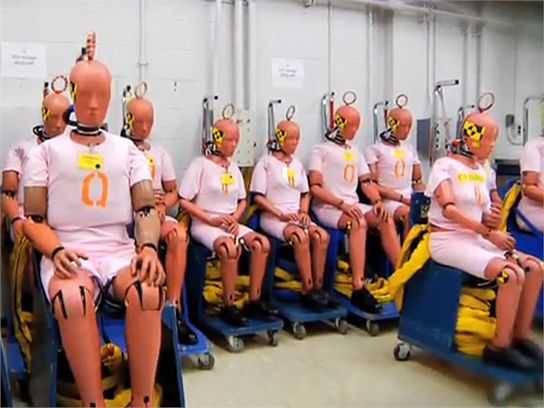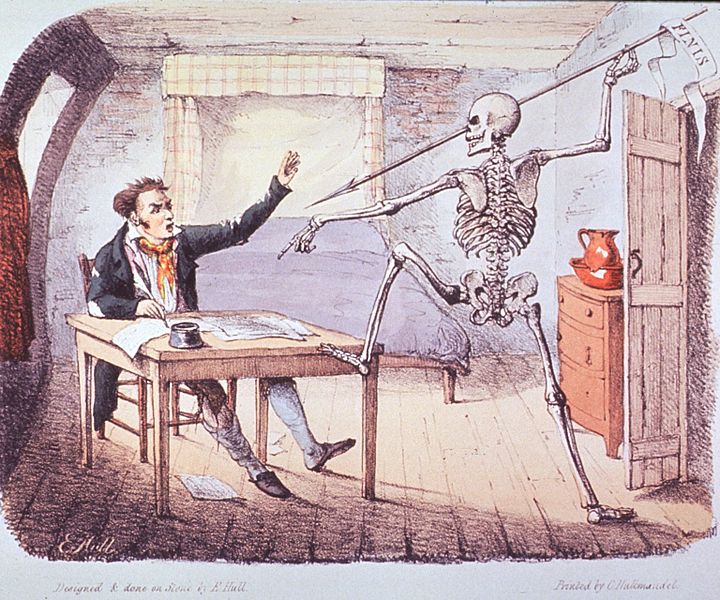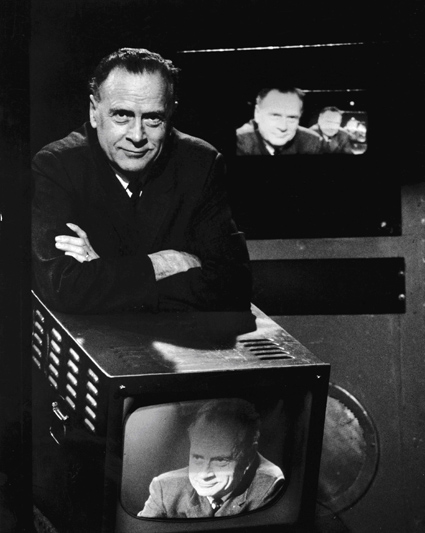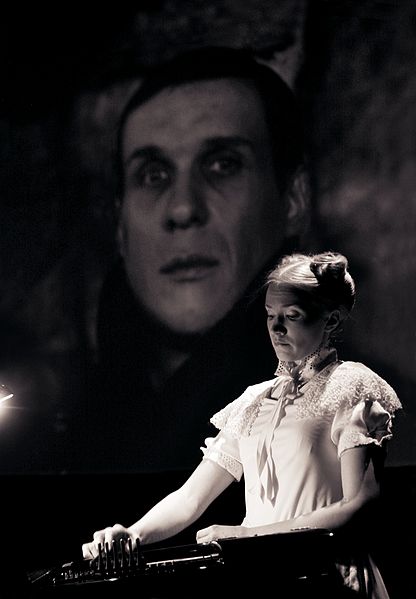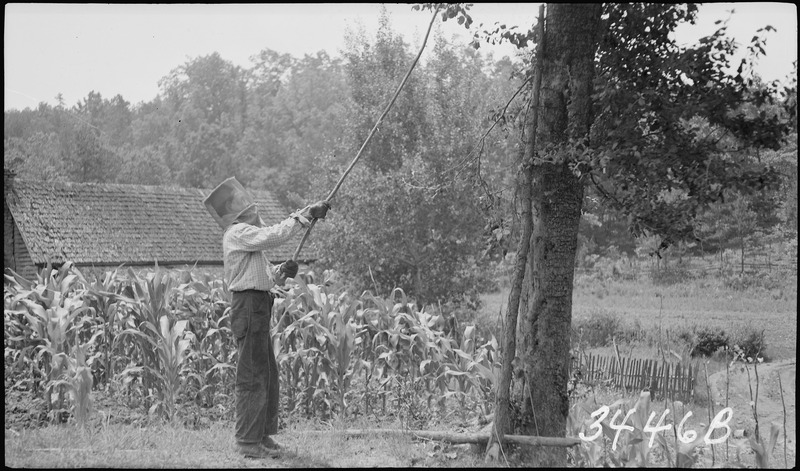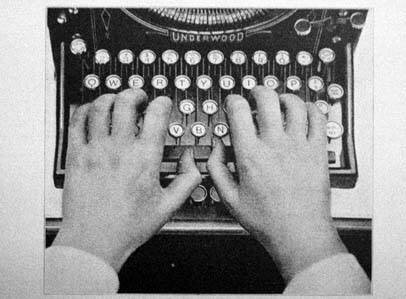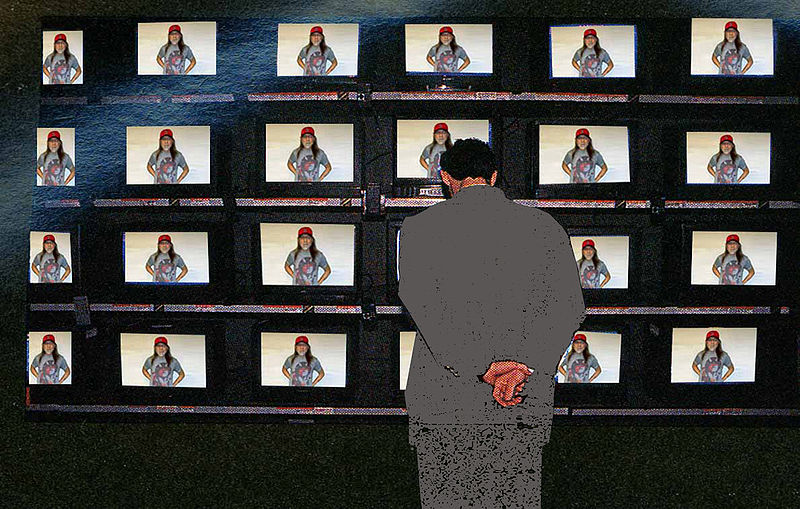
“Jones is likely to introduce one of his favorite pets to spoil your affability.”
A Wyoming man with a facility for snake charming was the subject of a profile in the Denver Post, which was reprinted in the November 28, 1897 Brooklyn Daily Eagle. An excerpt:
“Charles T. Jones, hunter, miner and prospector, is a well known character of Central Wyoming. A queer specimen of genius, endowed with the rare faculty of a snake charmer, whose psychic influence can subdue the vicious and deadly reptile whose namesake he bears, Rattlesnake Jones is one to be avoided during snake season. Whether riding along the highway or eating a quiet meal, Jones is likely at any moment to introduce one of his favorite pets to spoil your affability. He eats with them, sleeps with them, and they are his constant companions on his long journeys through the mountains.
While on a hunting expedition one season, Jones’ fondness for snakes compelled the entire party to vacate camp one morning before breakfast when every man in the outfit found a snake in his boot. The spasmodic gesticulations indulged in resembled a savage war dance. Not a man knew but every snake was a boa constrictor licking his chops for human gore, and no one had the curiosity to investigate at that particular moment. Being tenderfeet, they were unacquainted with Jones’ serpentine propensities, and order was not restored until he appeared on the scene, captured the snakes and conveyed them affectionately to his bosom, after which he proceeded to breakfast. Occasionally a viper protruded his ominous looking head from Jones’ shirt front or sleeve, to flash his long tongue in keen anticipation of a venison steak. It is needless to say Jones and his pets held high carnival that morning.
On another occasion Jones rode into a mining camp with fifteen rattlesnakes about him–with their fangs out, of course–but none less inviting in appearance. The presence of these unwelcome visitors created a panic among the miners, who were enjoying a half holiday and a keg of beer, and it was probably difficult to discriminate between the genuine snake and the product of Bacchus.
Rattlesnake Jones is a man of medium height, with small gray eyes and wears long hair in true Western style. He invariably carries a six shooter and hunting knife and spends his life hunting and prospecting over the Rocky Mountains. He is very reserved and his extreme modesty is at once appreciated as a virtue rarely met with in old time celebrities who are inclined to be somewhat impressive in speaking of their past records. By dint of much persuasion, however, I induced Jones to tell me of his first experience in handling snakes.

“Before breakfast every man in the outfit found a snake in his boot.”
‘Well,’ he began, ‘I was always monkeying with something out of ordinary from the time I was a boy, and snakes were my earliest associates. But my first experience with the rattlers was in the Indian Territory in the early ’70s, while living among the Indians. I was then about 20 years of age. The different tribes were continually at war, either among themselves or combined against the whites. One day while out hunting with a small band of friendly Indians, a hostile party of three times our number surrounded us, killed all my companions and took me captive. Not knowing what my fate would be, I took chances to escape on the third night of my captivity. I made good speed till daylight, when I found a small cave near the head of a creek in which I crawled to hide till night came again. It was a very dark, filthy place and while endeavoring to make myself comfortable for the day I heard the warning hiss of a rattlesnake at my elbow. I immediately recoiled, but before I could get out of the way I was stung on the back of the neck. How to kill the poison was a question. I was not contortionist enough to suck it from the wound and knew not what to do. The country was full of hostile Indians. I endeavored to find a weed recommended for the cure of snake bite but it failed. All day the poison increased and by night my head was larger than a keg. Some time during the night I became delirious and nearly as I can calculate I did not regain my senses for twelve days.
When I became conscious I found myself naked as when I first came on Earth and I was almost buried in mud. In my delirium I had torn off all of my clothing and was without shoes even. The first thing that attracted my attention when I awoke was the rattle of a snake, weak as I was. We came out of that hole together somewhat ghostly looking but strong friends. In my nudity and accompanied by Mr. Snake, I overawed the Indians who regarded me in astonishment as being from the other world. My demands were granted with meek obedience, for which I owe a debt of gratitude never to be forgotten.’
Beside his love for rattlesnakes Jones has a fad for collecting curios. Mounted animals, horns, hides, tusks, etc., adorn his hermitage in promiscuous array.”

